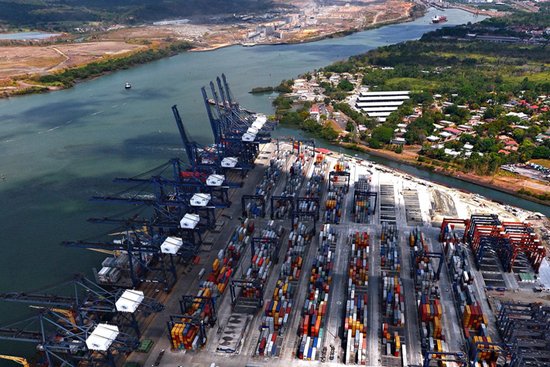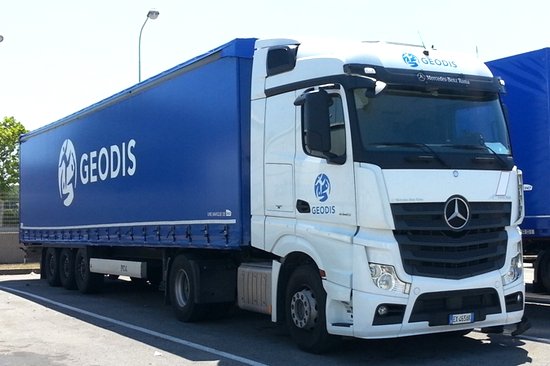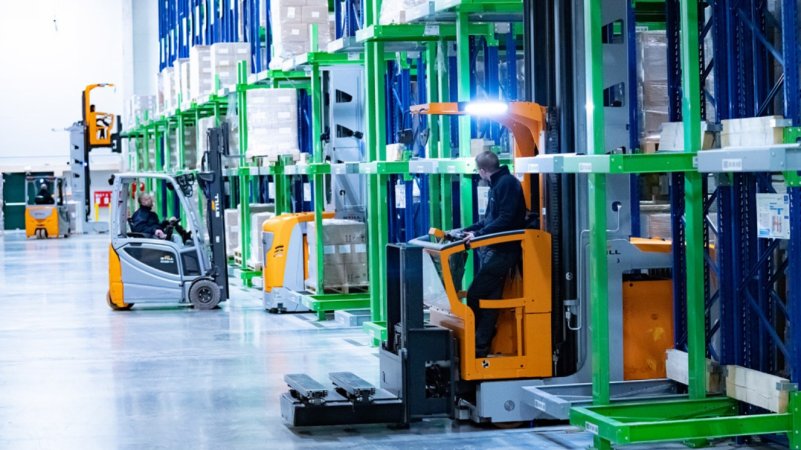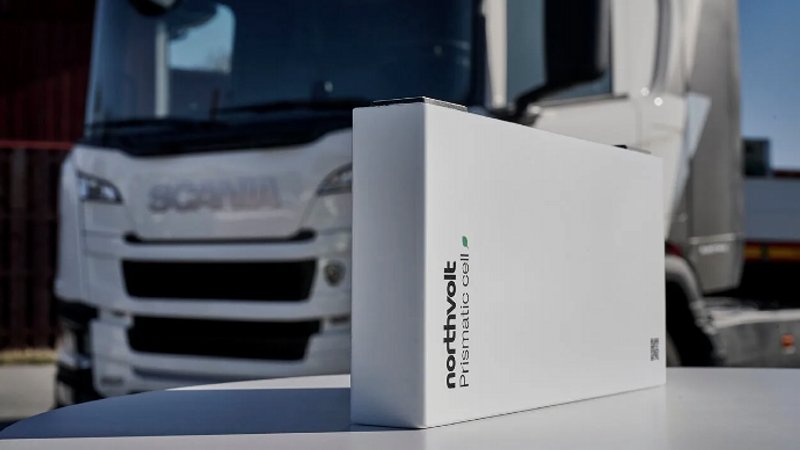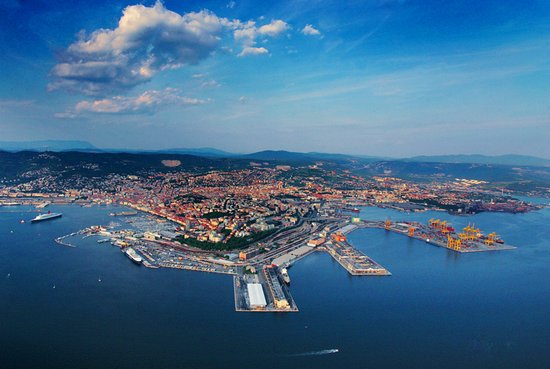The fast-moving consumer goods (FMCG) industry is undergoing profound changes: rising operational costs, stricter environmental regulations and increasingly demanding consumers have placed traditional supply chains under significant pressure. In this challenging context, businesses have begun exploring innovative solutions to ensure efficiency and continuity. Among these, the just-in-time logistics model—though not new—has become a key response to the demand for greater speed and flexibility. Yet, this very model introduces new vulnerabilities: delays or disruptions at any point in the supply chain can trigger cascading effects, jeopardising the entire operation. It is in this scenario that AI-enabled logistics technology is emerging as a strategic ally. Philipp Pfister, Sector Vice President at Transporeon, outlines how.
According to Pfister, AI can support logistics in three main ways. The first involves improving route planning and proactive flow management. Modern mapping technologies now allow for detailed representations of logistical routes, integrating data such as warehouse opening hours, types of access available and vehicle characteristics. This level of detail enables accurate planning, avoiding early deliveries or delays. The inclusion of both historical and real-time traffic data then makes it possible to more reliably forecast journey times and issue alerts to adapt plans on the go, thereby reducing the impact of unexpected disruptions.
The second way relates to the seamless integration of information between yards, warehouses and third-party carriers. Digital platforms based on shared infrastructures eliminate data silos, improve communication among stakeholders, and provide a robust dataset to train predictive models. This allows AI not only to anticipate disruptions but also to propose solutions, optimise resource usage and support automated decision-making.
The third aspect concerns the automation of transport procurement, a process traditionally slow and prone to errors. This process is now being transformed through automation. Thanks to AI, assigning loads can shift from taking hours to just a few minutes, resulting in more competitive pricing, lower administrative costs and faster responses to fluctuating demand. This is especially relevant in a sector where agility is paramount.
For Pfister, the direction is clear: real-time data becomes the cornerstone of a modern, responsive logistics model. Investing in scalable and interoperable solutions makes it possible to build a standardised information base, essential for benchmarking and identifying trends. So-called generative artificial intelligence, using this data, can uncover hidden patterns, compare warehouse or route efficiency and suggest concrete operational improvements.
Ultimately, Pfister concludes, the strength of tomorrow’s FMCG supply chains will depend on companies’ ability to innovate today. The adoption of AI is not merely a technological opportunity, but a strategic lever to enhance visibility, speed and responsiveness. Automating processes, anticipating issues and optimising resources is becoming a necessity in order to meet market challenges and remain competitive. Collaboration, digitalisation and forward thinking will be the guiding principles shaping the sector’s logistical success in the years to come.



